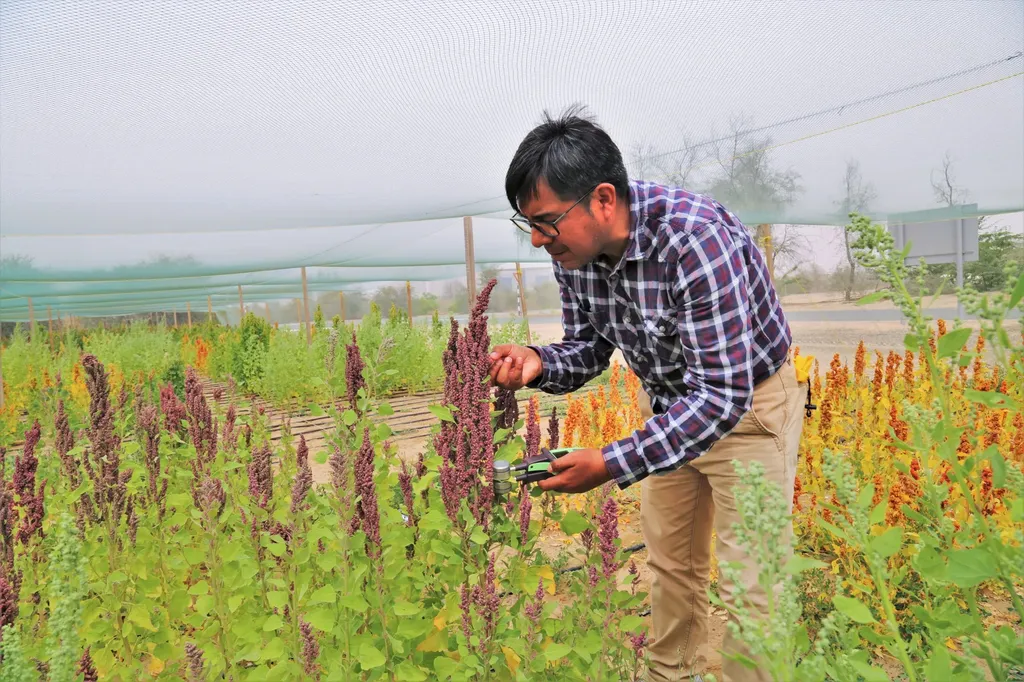In the heart of the United Arab Emirates, where the sun beats down on arid soils and salt stress threatens agricultural productivity, a groundbreaking study offers hope for farmers and the energy sector alike. Researchers led by Qurban Ali from the Department of Biology at the United Arab Emirates University have discovered that a halophilic bacterium, Bacillus paranthracis, can significantly enhance tomato plants’ resilience to saline stress. This finding, published in the journal BMC Plant Biology (which translates to “Basic and Medical Plant Biology”), could revolutionize sustainable agriculture in salt-affected regions and potentially impact the energy sector’s pursuit of biofuel feedstocks.
Salt stress is a formidable challenge for global agriculture, stunting plant growth and reducing yields. Ali and his team investigated the potential of Bacillus paranthracis (strain Endo10) as a plant growth-promoting rhizobacterium (PGPR) to mitigate these effects. Their results were striking. “Inoculation with B. paranthracis significantly improved the growth and physiological performance of tomato plants under saline conditions,” Ali explains. The treated plants exhibited greater biomass, enhanced root development, and superior photosynthetic efficiency compared to controls.
The study delved into the mechanisms behind these improvements. Chlorophyll-a fluorescence and spectral reflectance analyses confirmed that inoculated plants maintained higher photosynthetic efficiency (PSII) under stress. Moreover, these plants demonstrated robust antioxidant activity, with elevated levels of key enzymes like SOD, POD, APX, and CAT, and reduced electrolyte leakage. “The bacterium essentially reprograms the plant’s physiology, enhancing its ability to cope with salt stress,” Ali notes.
The implications of this research are far-reaching. For farmers in arid regions, B. paranthracis could be a game-changer, enabling them to cultivate crops more efficiently in salt-affected soils. This could lead to increased agricultural productivity and food security. But the benefits extend beyond traditional farming. The energy sector, particularly biofuel producers, could leverage this technology to grow biofuel feedstocks in marginal lands, reducing competition with food crops and expanding the potential for sustainable energy sources.
As the world grapples with climate change and the need for sustainable practices, innovations like this are crucial. Ali’s research opens doors to new possibilities in agriculture and energy, demonstrating the power of microbial partnerships in enhancing plant resilience. “This is just the beginning,” Ali says. “We are exploring the potential of other halophilic bacteria and their applications in various crops.” With further research and development, B. paranthracis could become a cornerstone of sustainable agriculture and energy production, shaping a greener future for all.

